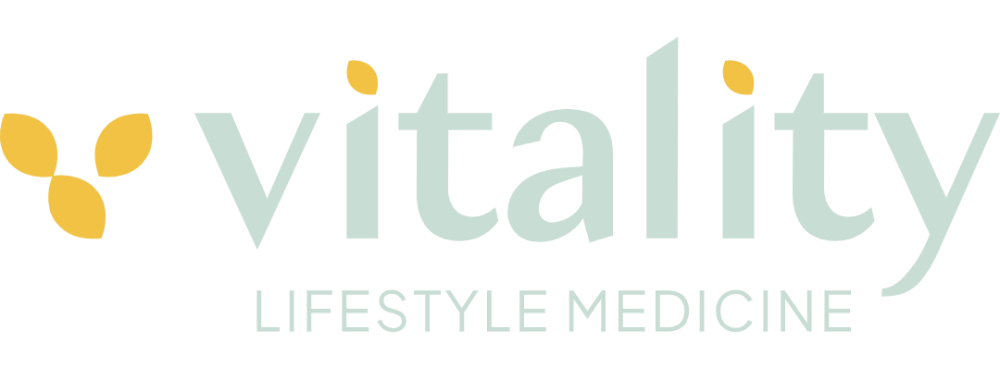Why exhaustion is not just about sleep
Oct 06, 2025
Most women I speak to tell me they feel tired. But when I dig a little deeper, it’s not just tiredness — it’s a bone-deep exhaustion that sleep alone doesn’t fix. You know the kind I’m talking about. You wake up already drained. You push through the day with caffeine and sugar. You collapse on the couch at night but still don’t feel rested. Exhaustion is your body’s way of saying the load you’re carrying is bigger than the fuel you’re giving it.
Exhaustion vs tiredness
Tiredness is what you feel after a late night or a busy day. One good sleep and you bounce back. Exhaustion is different. It lingers. It makes even small tasks feel heavy. It can leave you feeling forgetful, emotional, and as though you’re wading through wet cement.
Why midlife women are especially vulnerable
Hormonal changes around perimenopause and menopause play a big role. Oestrogen and progesterone both influence sleep, mood, and even how your body handles stress. Add in blood sugar swings, less restorative sleep, and the endless demands of work and family, and your energy reserves drain faster than you can refill them.
And here’s the kicker: when you’re already exhausted, you’re more likely to reach for quick fixes like ultra-processed food, caffeine, or scrolling on your phone late at night. These give short-term relief but keep you stuck in the cycle.
The hidden costs of pushing through
Women are masters at pushing on. We tell ourselves, “everyone’s tired,” so we just keep going. But living in a constant state of exhaustion chips away at your health in ways you might not notice straight away:
- Blood sugar and hormones drift further out of balance
- Mood and memory take a hit.
- Inflammation creeps up, raising the risk of chronic disease.
- Relationships suffer when you’re running on fumes.
A different way to think about energy
Instead of seeing exhaustion as a sign you need more grit, see it as your body waving a white flag. It’s telling you to rebalance, to find ways to match the energy you spend with energy you restore.
It might look like:
Eat like it’s the 90s. Bringing back proper meals, even simple ones, can reset your blood sugar and calm the constant grazing. Eat at the table, don’t have a screen in sight, and you’re not really in a hurry.
Micro-escapes. Your nervous system doesn’t know the difference between a week in Bali and three minutes of sitting outside, eyes closed, breathing in fresh air. Train yourself to take tiny, guilt-free pauses rather than waiting for a holiday that never comes.
Protect your “transition time.” That messy hour between work and home life is often when exhaustion hits hardest. Instead of collapsing straight into the pantry, build a ritual, a shower, music in the car, or a solo cup of tea, that signals “day is done.”
Do something useless on purpose. When every minute is accounted for, your nervous system never switches off. Knit, doodle, do a puzzle, play with the dog. The point isn’t productivity; it’s letting your body know it can stand down.
Flip the script on bedtime. Instead of thinking “I should get more sleep,” ask yourself, “What makes tomorrow easier?” Sometimes that’s lights out at 9.30, but sometimes it’s laying out clothes, prepping breakfast, or texting a friend back.
These small steps may not feel glamorous, but they’re the key to moving from chronic exhaustion back to steady, sustainable energy. Exhaustion doesn’t have to be your norm. When you learn how to support your body instead of constantly pushing through, you create the kind of energy that carries you through the day without the crash.
And the best part? That energy shows up in every part of your life — your work, your relationships, and how you feel about yourself.

